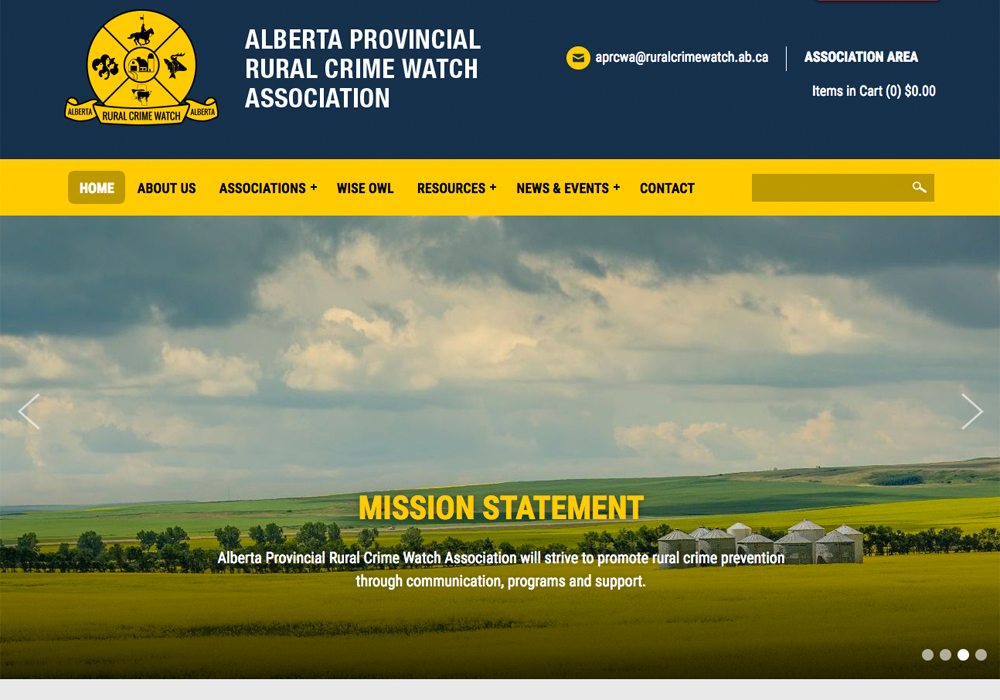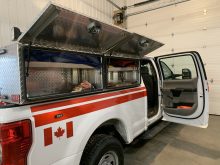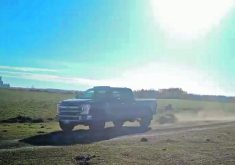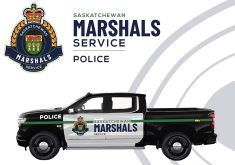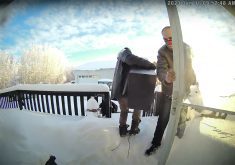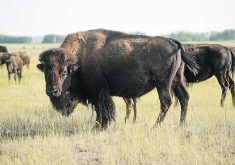Saskatchewan should have a provincial association of rural crime watch areas similar to Alberta’s, said the president of the Saskatchewan Association of Rural Municipalities.
Ray Orb said he and his western Canadian counterparts had a good discussion about crime during the Western Canadian Association meeting at the SARM office in Regina in late April.
“We know that we still have a lot of issues around rural areas regarding thefts and break-ins,” Orb said.
“We’re trying to bring back rural crime watch. It’s more prevalent in Alberta; we’re trying to reinvigorate it in Saskatchewan.”
Read Also

Farming Smarter receives financial boost from Alberta government for potato research
Farming Smarter near Lethbridge got a boost to its research equipment, thanks to the Alberta government’s increase in funding for research associations.
Representatives from SARM, the Saskatchewan Urban Municipalities Association, Association of Manitoba Municipalities, Rural Municipalities of Alberta and the Alberta Urban Municipalities Association attended the meeting.
He said a provincial association would be able to look at best practices in other jurisdictions, as well as get communities out of silos and working together on the issues.
He noted that in the RM of Edenwold, for example, citizens are using phone apps to tackle the problem.
SARM has been working with the RCMP and is expecting further discussion at its June district meetings. Orb hopes a framework will be ready for discussion at the November mid-term convention.
“Crimestoppers is a big part of how we think we can help reduce rural crime,” he added.
At the organization’s annual convention in March, Justice Minister Don Morgan said the province would be willing to take a look at trespass laws, and Orb said that is another avenue for rural residents.
“The majority of our delegates don’t believe that farmers should have to post their land,” he said, adding that applies to hunters, too.
Instead, people should have to ask for permission to be on private land.
Meanwhile, infrastructure shortfalls in rural and urban areas are a concern for all.
SUMA president Gordon Barnhart said municipalities have a huge bill ahead of them.
“Many of the sewer and water systems that went in, especially in towns and villages, all were 50 to 55 years ago, and the standards have gone up,” he said.
He noted that the final applications for phase one of the federal infrastructure program have just gone in and now the provinces are negotiating how they will pay for phase two.
It could be a 40 percent federal, 40 percent provincial and 20 percent municipal cost-share, he said.
Orb said the rural funding could be shared differently but 20 percent is approximately the right number.
“We know that we have a real problem especially with bridges,” he said. “We have a lot of catch-up to do and municipalities are under a large burden already.”
Municipalities only get eight cents of every tax dollar yet own 60 percent of the country’s infrastructure.
Barnhart added that the Alberta delegation received support for the Trans Mountain pipeline from their Saskatchewan colleagues.
The talks also included the impending legalization of recreational cannabis and how a carbon tax is affecting the economy.




